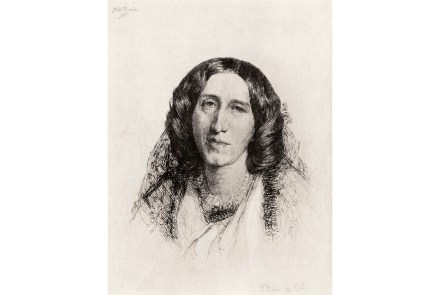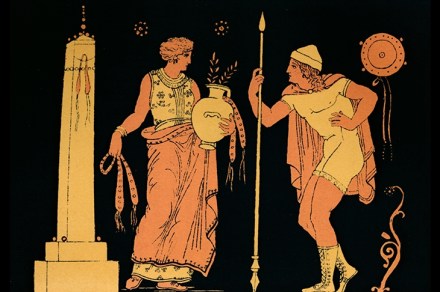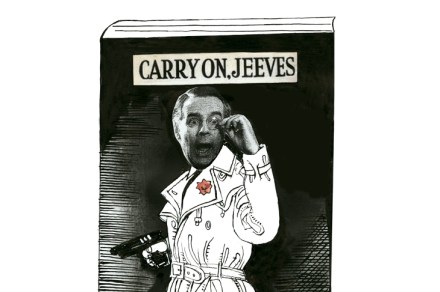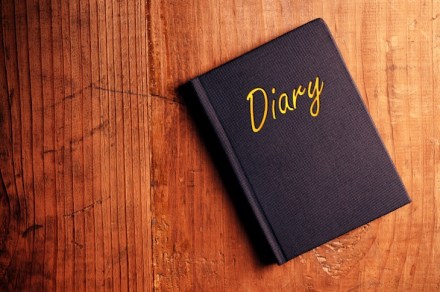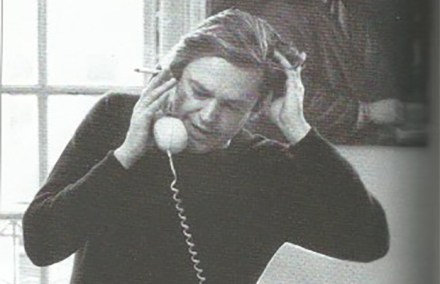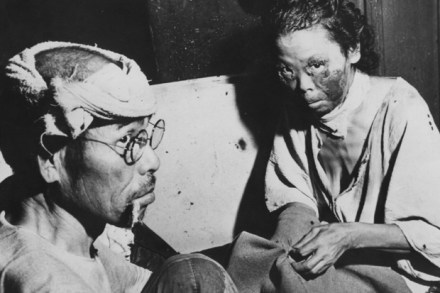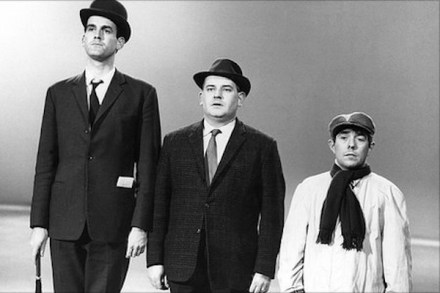Joan Didion deserves better
This book is an example of a regrettable new trend – the solipsistic biography. I mean lives of famous people written by unfamous people (usually women) who want to tell you a LOT about themselves. This one is about the writer Joan Didion by an academic called Evelyn McDonnell who never met Didion but believes that they had much in common. Here is her evidence. ‘She was born within one year of my mother; I was born within two years of her daughter. We are both native daughters of California. We lived in New York at the same time, though she was an Upper East Side celebrity and I was






